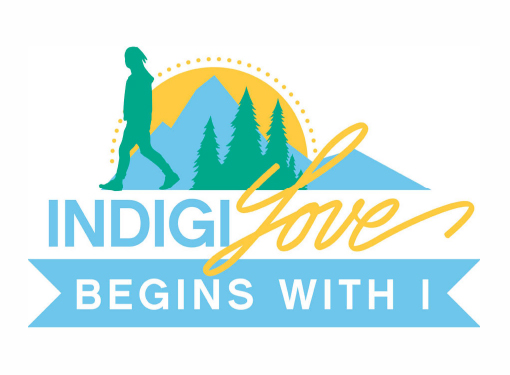Mental health is how we think about things and our conscious thoughts. On a deeper level, it includes our beliefs and values. When we are balanced, we are able to make good decisions that support our goals. When we are not balanced, it can impair our forward trajectory in life.
Acknowledge your power.
As Indigenous people, we have overcome immense challenges and suffering. It’s important to acknowledge our past experiences and feel the pain, anger, and rage, and it is also important to acknowledge that we are strong and have bright futures. Your existence as an Indigenous person is powerful! If you are feeling down, remember the strength of your ancestors. By acknowledging our power, we can create beautiful lives for ourselves and our communities.
Pay attention to how you think.
How we think about ourselves, the world around us, and how we talk to ourselves, impacts how we feel. That is why it is important to pay attention to how we think. Everyone has an inner self-dialogue of thoughts that run through their minds throughout the day. If your inner voice is critical, practice replacing the critical thoughts about yourself, your family, or your community, with positive affirmations.
Learn to respond rather than react.
People who are mentally resilient act in ways that are in their best interest based on their life goals and values. Rather than reacting to a challenging situation (such as being called a name) by doing something they may regret later, mentally resilient people are able to pause before thoughtfully responding.
Build your mental resilience.
Mental resilience is the collection of inner resources we build that help us thoughtfully respond (rather than automatically reacting) to a difficult person, situation, or circumstance. Building mental resilience takes practice. For many of us, our traditional ways of thinking and living naturally build mental resilience. For example, taking time to pray, participate in ceremony, and actively listen to stories all build resilience through working our mental muscle. In addition, they help us calm our bodies and minds, connect to others, and feel balanced. Through practicing our traditional ways, we can build mental resilience that helps us press the pause button between thinking/feeling and behaving, so that we have greater control over our destiny. If you are not connected with your traditional practices, you can also practice mental resilience through regularly doing calming activities that build our mental muscle, such as practicing deep breathing, mindfulness meditation, yoga, making art, walking in nature, journaling, practicing gratitude, and growing your spiritual connection.
Be kind to yourself.
It is human to have experiences where you think you’d have acted differently if you had known what you know today. Practice forgiving yourself and keep mentally encouraging yourself to do better. Statements like “I can do x” and “I will do x” are the self-talk of someone moving forward to achieve their purpose and life goals, even when challenges arise.
Mental health, like all other aspects of our wellness, takes regular practice. Mental health may be difficult to work toward improving, but the rewards can be life changing.
But what if you need help? Read about Reaching Out for Help in the next article in this series.
Additional Resources


